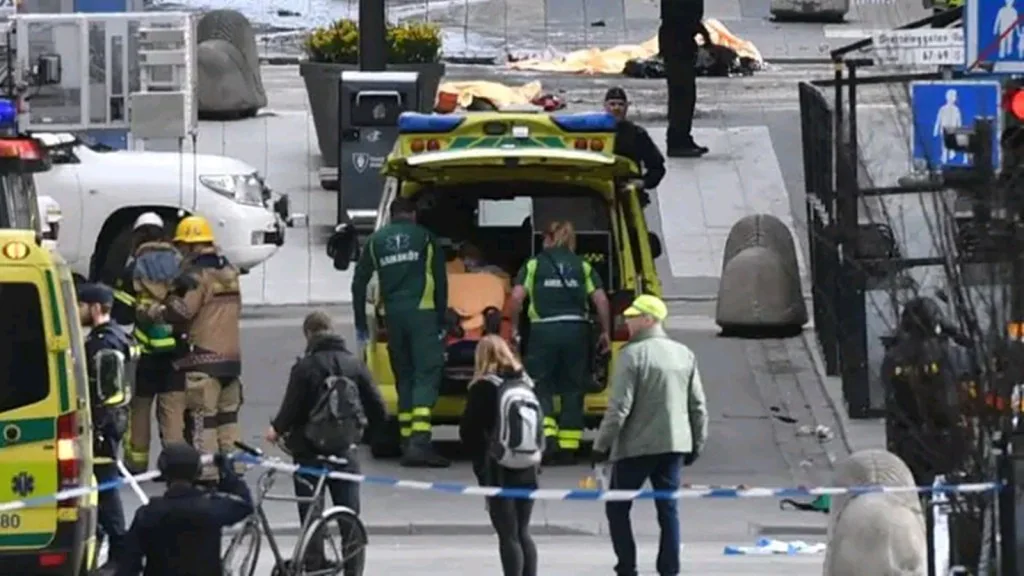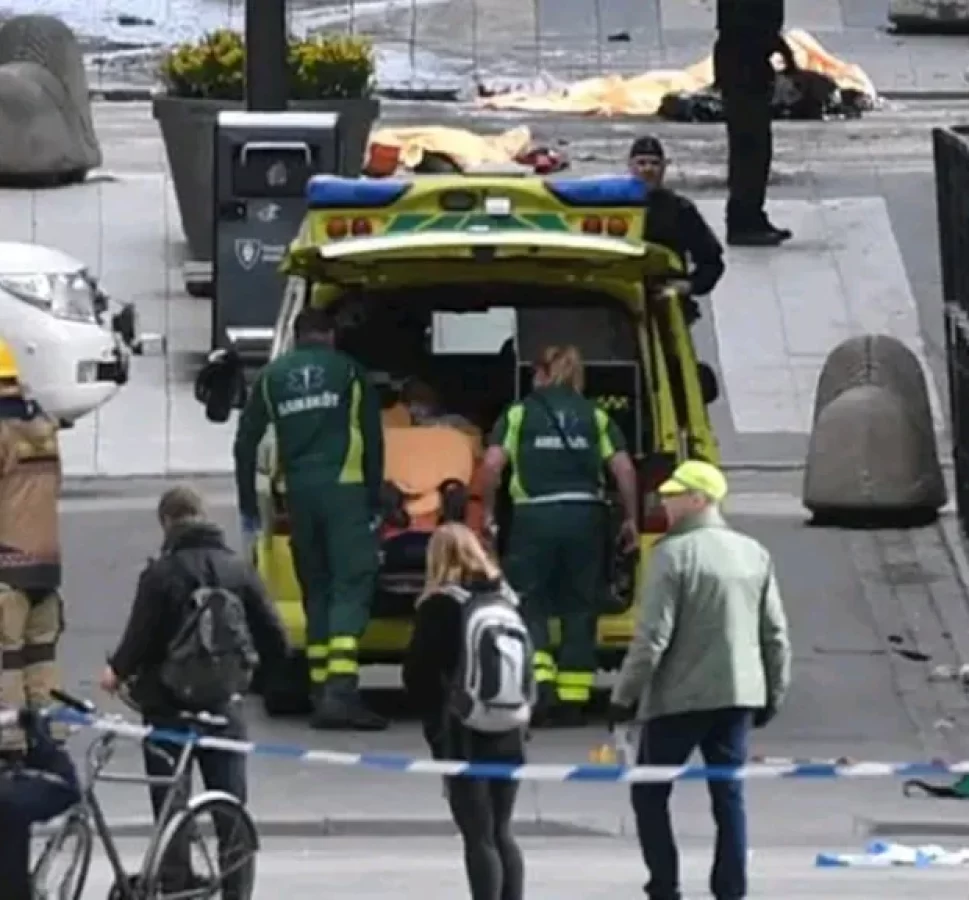
Verdict says prosecution failed to prove that Mohammed Hamo’s division was involved in the cited ‘indiscriminate’ attacks.
A court in Sweden has acquitted a former Syrian general of playing a role in alleged war crimes committed more than 10 years ago in his home country.
In a statement announcing its verdict on Thursday, the Stockholm District Court said that while the Syrian military had used “indiscriminate attacks” at that time, the prosecution had not proved that former Brigadier General Mohammed Hamo’s division was involved in those attacks, or that he had a role in providing arms for the assaults.
The 65-year-old, who lives in Sweden and was one of the highest-ranking Syrian military officials to have been tried in Europe, stood accused of “aiding and abetting” war crimes in the first half of 2012.
In June 2012, he was transferred to northern Syria, and the following month he decided to leave the army and fled to Turkey. There, he joined a group that was fighting against the Syrian regime.
He travelled to Sweden in 2015, where he sought asylum, which was granted. But the Swedish Migration Agency informed the government that Hamo was previously “a senior officer within the framework of an army that was systematically considered to have committed violations of human rights”.
Hamo was living in central Sweden when he was arrested on December 7, 2021. A court at the time released him two days later, saying there was not enough evidence to keep him in jail. He has since been free.
Prosecution’s case
The prosecution had argued that in his role as brigadier general and head of the 11th Division’s armament unit, Hamo allegedly helped coordinate the supply of arms and ammunition to units involved in attacks near the towns of Homs and Hama.
“The main issues in the case are whether the 11th Division of the Syrian Army participated in indiscriminate attacks in certain areas and whether the defendant participated in arming the division in those attacks,” judge Katarina Fabian wrote.
“According to the District Court, there is no evidence to clarify these issues. The evidence presented by the prosecution has therefore not been deemed sufficient to convict the defendant of a criminal offence,” Fabian said.
The war between Syrian President Bashar al-Assad’s regime and armed opposition groups, including the ISIL (ISIS) group, erupted after the government repressed peaceful pro-democracy protests in 2011.
The war has killed more than half a million people and ravaged Syria’s economy and infrastructure.
Half of the country’s pre-war population of 23 million have fled the country, igniting a wave of migration in the Middle East and Europe.
However, few Syrian officials have been brought to trial.
The prosecution argued that the Syrian army’s “widespread air and ground attacks” caused damage “at a scale that was disproportionate in view of the concrete and immediate general military advantages that could be expected to be achieved”.
Hamo denied criminal responsibility and his lawyer, Mari Kilman, told the court the officer could not be held liable for the actions “as he had acted in a military context and had to follow orders”.
“What is noteworthy about this case is that this is the first trial concerning the Syrian military’s warfare. That is, how the warfare was carried out,” said Aida Samani, senior legal adviser at rights group Civil Rights Defenders, which has been monitoring the trial.
No European court has previously dealt with this issue and the impact on civilian lives and infrastructure, she added.






